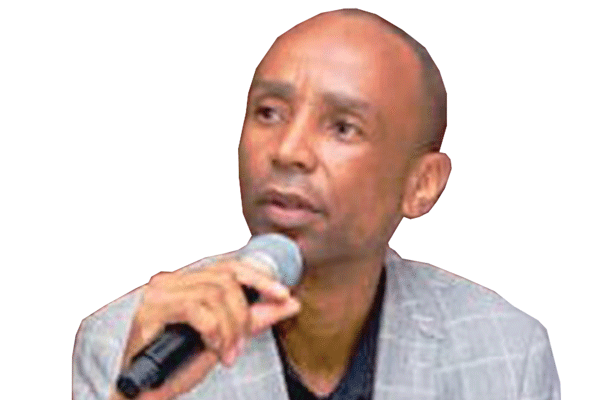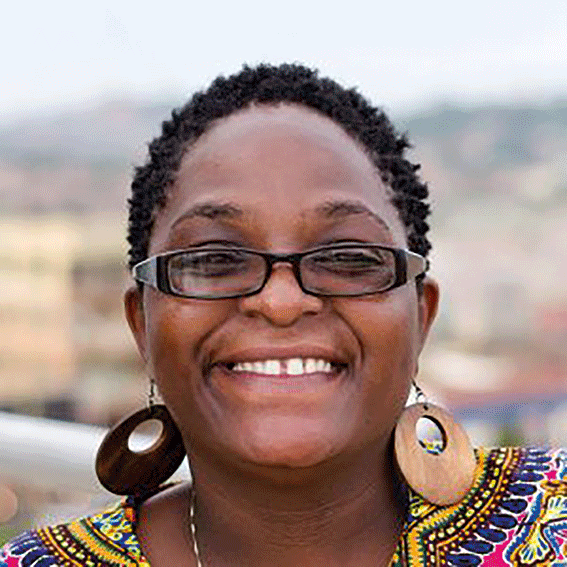
BY WINSTONE ANTONIO/CHIEDZA MAZHANGARA AS the world commemorated World Intellectual Property Day on Tuesday, local creatives expressed mixed feelings on the issue of intellectual property (IP) with some saying a lot still needed to be done to protect artistes’ copyrights.
The event was established by the World Intellectual Property Organisation (Wipo) in 2000 to “raise awareness of how patents, copyright, trademarks and designs impact on daily life” and “to celebrate creativity, and the contribution made by creators and innovators to the development of societies across the globe”.
Intellectual property includes creations of the mind, inventions, literary and artistic works, symbols, images, names and logos used in commerce.
Zimbabwe is a member of Wipo and has put in place policies to grow the arts industry.
Regardless of this fact, there still exists misunderstanding and ignorance concerning copyright law and intellectual property rights.
A lot of artistes are said to be unaware of copyright laws and as a result, they are either prejudiced or unknowingly commit intellectual property crime.
Government’s efforts to enforce intellectual property ownership and rights are hindered by lack of expertise and manpower as well as rampant corruption.
Some creatives, who spoke to NewsDay Life & Style yesterday, were in agreement that a lot still needed to be done to protect artists’ copyrights in Zimbabwe.
- Chamisa under fire over US$120K donation
- Mavhunga puts DeMbare into Chibuku quarterfinals
- Pension funds bet on Cabora Bassa oilfields
- Councils defy govt fire tender directive
Keep Reading
Former National Arts Council of Zimbabwe (NACZ) director Elvas Mari said: “The major problem in my opinion is enforcement of copyright infringement. The State institutions responsible for enforcing copyright law are themselves not aware or not interested in enforcing this piece of legislation.
“This again could be a function of how the State views and values the arts in Zimbabwe. There is reluctance to enforce copyright in the same way other Acts are enforced.”
Mari added: “In my view the genesis of this reluctance is how society and government perceive the arts and artistes. If the Copyright and Neighbouring Rights Act was enforced in the same way as the Wildlife Act, then piracy would be under control.”
Music Crossroads Zimbabwe director Melody Zambuko shared the same sentiments, also noting that a lot still needs to be done to protect copyrights in Zimbabwe.

“Laws have to be enforced and the public has to redefine their music consumption culture. This culture of normalising piracy is what, in fact, results in the artistes’ ignorance of music as a commodity,” she said.
“Remember before they take up music as a profession they are mere consumers buying pirated discs. It is for the same reason that some artistes find themselves in a legal wrangle when they would have used their peers’ music without their consent.
“Music is an intricate commodity. Unlike agriculture, you just don’t sell the produce that you got from farmer B to market C. You have to have the right to sell the musical product. We need a relook at the policies that affect the abuse of copyright and lobby for their enforcement.”
Zambuko added: “There is also need to advocate for their review or engage public office for development of related policies.”
Zambuko also said after working with up-and-coming musicians she had realised that most entrants in the music industry were ignorant of copyright law.
“Ironically, copyright law is the essence of the music business. It is only when you have the right to copy that you may then proceed to use it to make income or publicise your brand. Copyright is in this way a critical component to the entire music business matrix. Consequently, when the right to copy is infringed then there are dire losses for the artist,” she said.
Zimbabwe Musicians Union president award-winning songbird Edith “WeUtonga” Katiji believes that justice has not been done to the issues of intellectual property.

“There is need to have an overall system in order for us to actually recognise fully what intellectual property mean and what it means to be gaining and earning from that intellectual property. And also, from the artistes side as well as those that are exploiting that intellectual property are supposed to be paying artists royalties,” she said.
“Our Zimbabwean artists are somewhat aware of something called intellectual property, what it means, however, may be a different case on whether they understand the dynamics and exactly what it is pertaining to.”
WeUtonga said as Zimbabwe Music Association they had constantly engaged and hosted workshops that were addressed by intellectual property experts.
JIVE Zimbabwe, an arts promotion establishment that embraces digital content distribution director Benjamin Nyandoro said there was need to quickly embrace and change the mindset around IPs.

“While we are still struggling with awareness and comprehension of intellectual property focusing on how to stop unauthorised use, this year’s IP day theme challenged us to unlock innovation for a better future with a focus on the youth,” Nyandoro said.
Renowned multi-instrumentalist-cum-music-producer Clive “Mono” Mukundu said the issue of copyright in Zimbabwe was tricky because artistes are not aware of how copyright works, adding that this has led to an increase in cases at Zimbabwe Music Rights Association.
“Most of these artistes do not even know what exactly would have been copied from them, whether it is the melody, leads or style. At times, someone might claim that they only copied the melody while in actual fact that is the essence of plagiarism when it comes to music, so this is a very sensitive issue,” he said.
“The other problem with artistes is that they are reluctant to attend workshops which discuss issues to do with copyright. This is why they are found complaining about trivial issues which could have been solved in a simple way, but because of their ignorance concerning the issue of copyright, it remains complicated.”
Mukundu, who is studying for a degree in Music Business and Musicology to enhance his understanding on copyrights issues, added: “I am very literate concerning this issue. As a songwriter I make sure that once I am done writing for someone, we sign a split sheet which shows the percentage share of both myself and the person I would have written for.”







